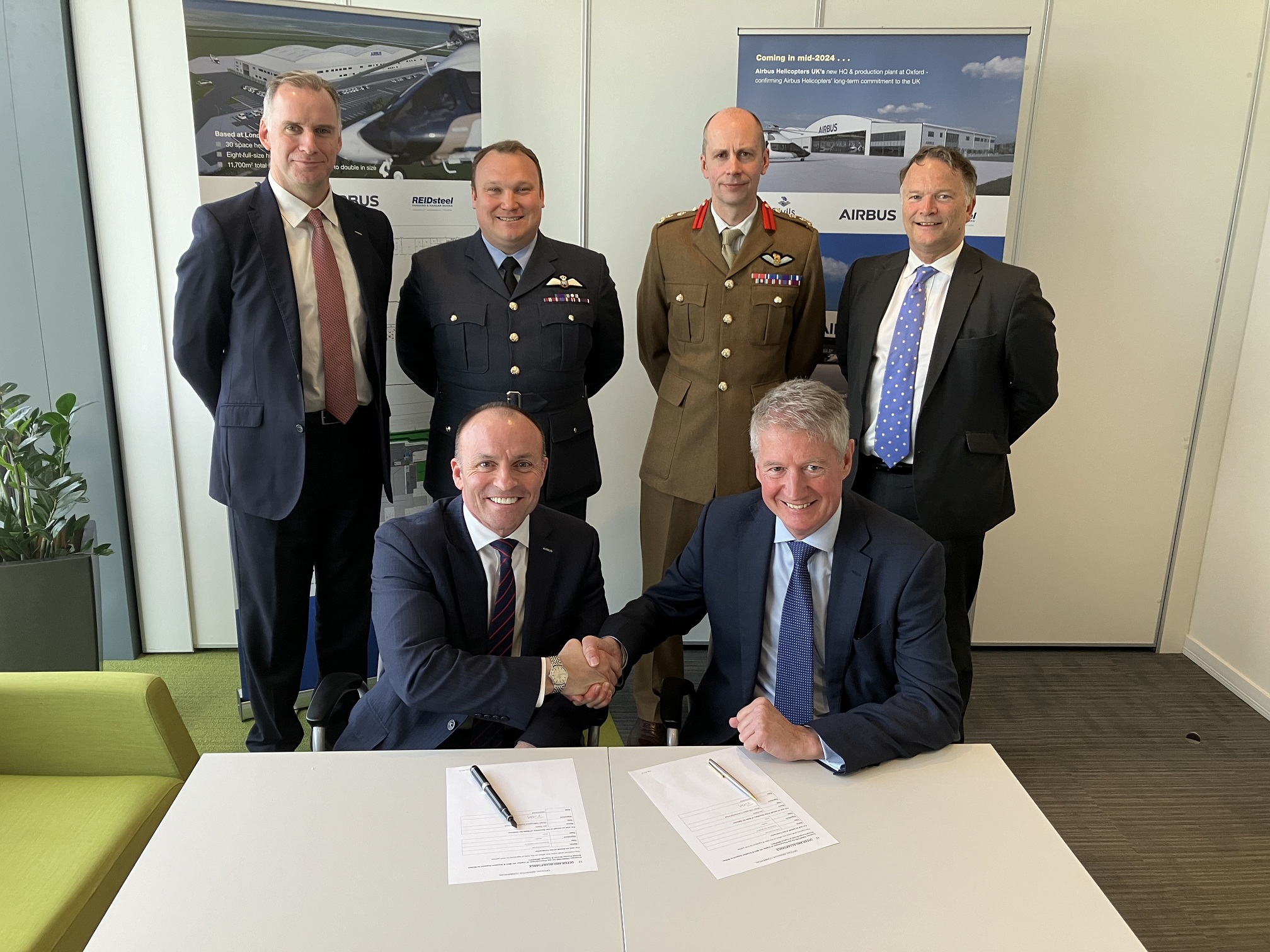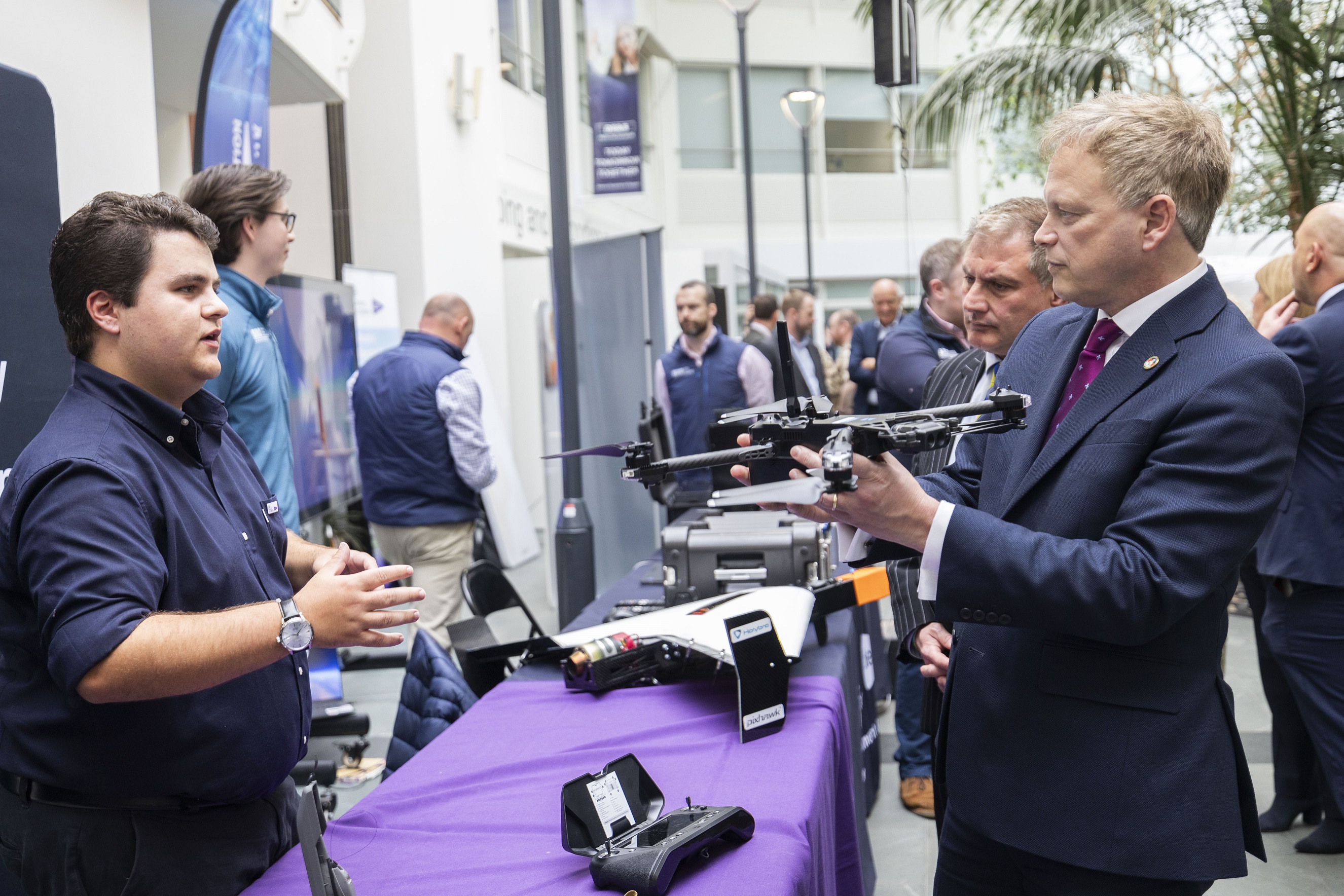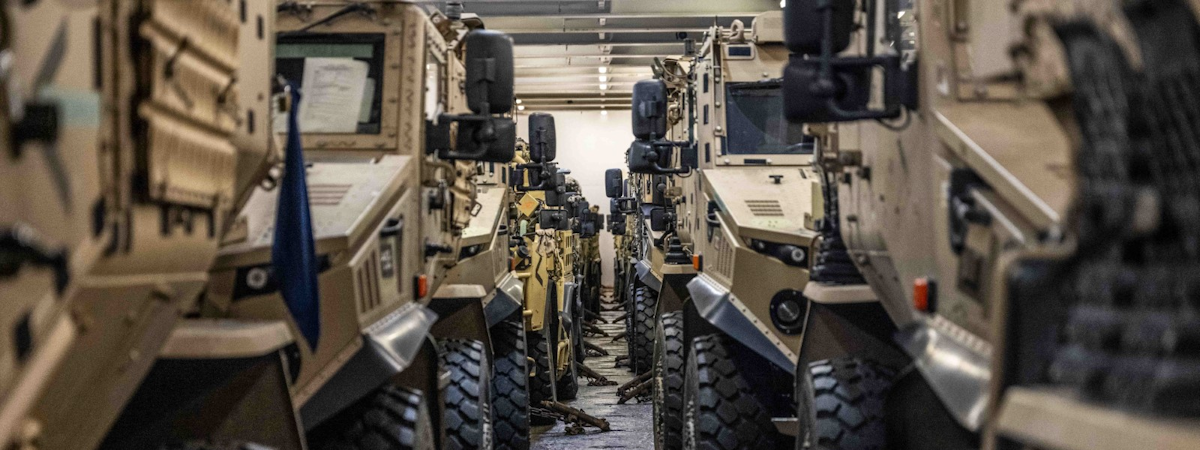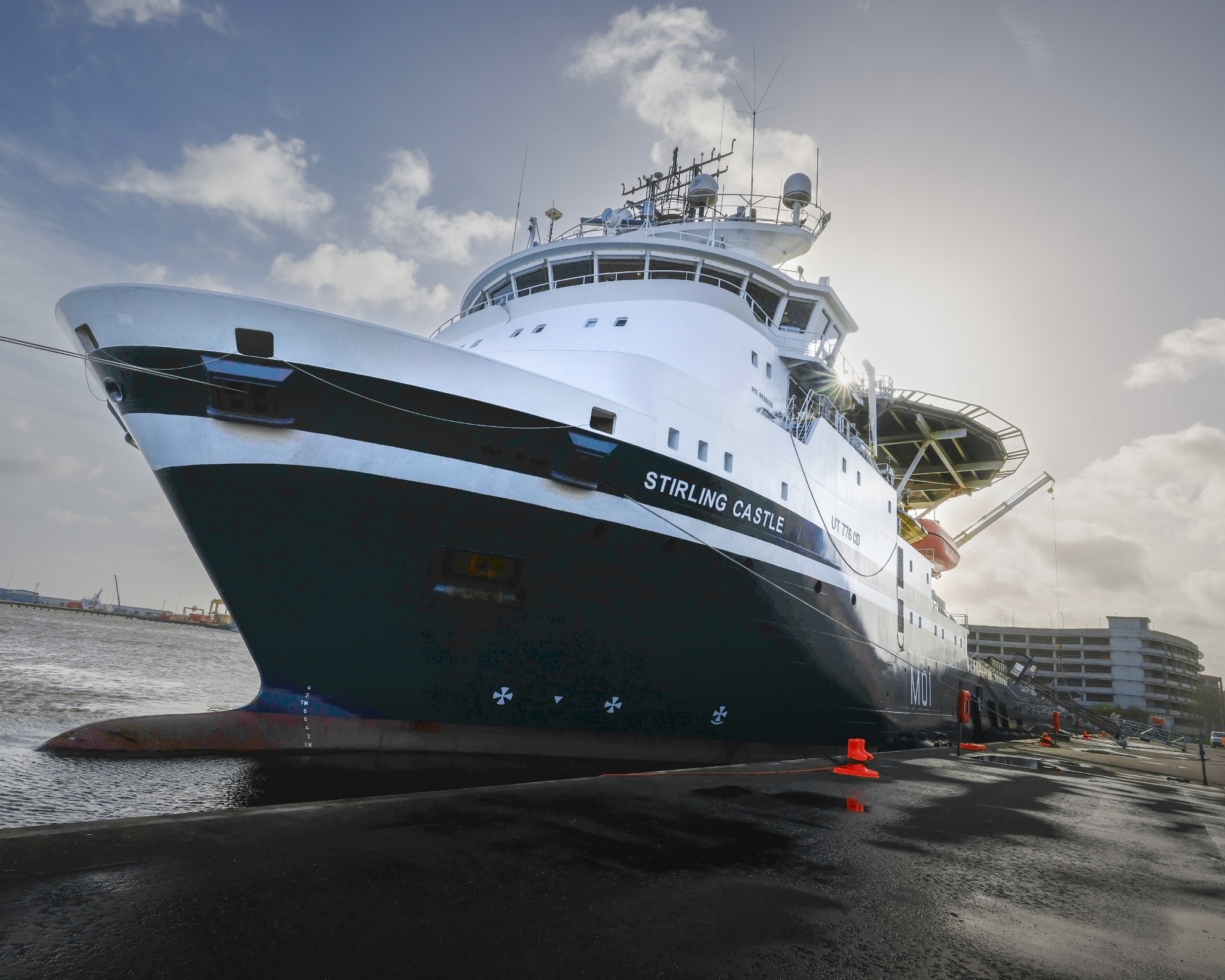Published 23 February 2023
The contract awarded to Supacat will secure 70 High Mobility Truck Variant (HMTV) Mk 2 Extenda platforms.
Share this story
On completion of validation trials this procurement will result in an uplift of 69 vehicles to the HMTV fleet. These platforms offer increased flexibility to Defence and due to their modular design can be used either as a Jackal (L400) or Coyote (L600) vehicle.
The uplift will be used by the British Army to enhance our fleet numbers, and enable greater support to operations and readiness.
They will be manufactured at Supacat’s Devon based factory with support from fellow defence company Babcock at their site in Plymouth. The contract is likely to secure 10 jobs at Supacat and a further 90 jobs at Babcock.
The vehicle was brought into service under urgent operational requirements (UOR) to provide British forces in Afghanistan with an off-road patrol and fire-support vehicle with increased performance. It has been since integrated into the British Army’s fleet of versatile, battle-winning capabilities.
Some of the benefits of the platform include:
- Optional mine blast and ballistic protection kit.
- The option for a variety of mission specific load beds including weapons, communications and ISTAR ( intelligence, surveillance, target acquisition, and reconnaissance ) equipment.
- Force protection equipment to suit a wide range of operational roles.
Brigadier Matt Wilkinson, Head of the Vehicle Support which is part of DE&S’ Land Equipment Operating Centre, said: “These battle-winning and versatile platforms offer huge benefits our troops on the battlefield. The HMTV is a British built capability that continues to support UK jobs and ensures that the UK retains the crucial engineering and manufacturing skills required in the defence sector, which are key priorities under the British Army’s Land Industrial Strategy. I am delighted that we have secured this contract with Supacat and its defence partner Babcock.”
The contract is expected to deliver the initial 70 vehicles to the British Army by the end of FY 23/24 with an option to manufacture up to a total of 240 of the light armoured vehicles, should operational requirements demand.








